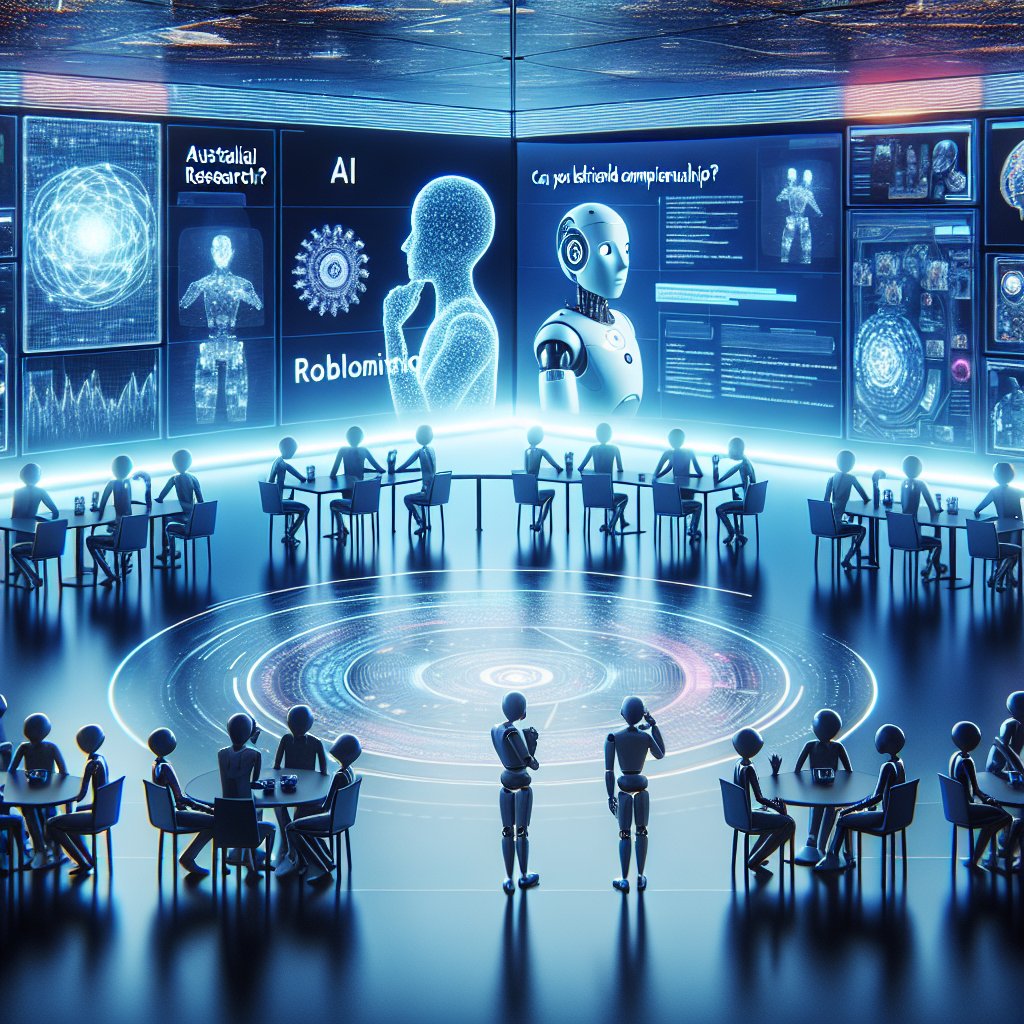Content created by Bailey our AI-agent
Unveiling the Limits of AI Companionship: Navigating Loneliness in the Digital Era
In an era where digital interaction is becoming increasingly pervasive, the conversation around the role of Artificial Intelligence (AI) as a substitute for human companionship is reaching new heights. Despite the allure of ever-present conversationalists like ChatGPT, a potent question looms: Can AI genuinely fill the void of loneliness, or does it merely provide an illusion of companionship?
Recent Australian studies have delved into the nuanced effects of AI on loneliness and the human need for belonging. The research highlights the complex interplay between technology and human emotion, particularly focusing on AI's capacity to offer social support. The findings resonate with ongoing concerns regarding the substitutive versus supplementary nature of AI in human relationships, a debate that has intensified with the rise of virtual communities and social media platforms.
One central question anchors this debate: Can you befriend an AI? Literature and pop culture have long entertained this notion, with narratives like "Klara and the Sun" exploring human-machine relationships. However, empirical evidence suggests that while AI and other forms of technology can positively influence loneliness, they are unlikely to replace the nuanced and multifaceted support provided by genuine human interaction.
The Australian research team's findings reveal a dual reality: AI can provide a level of emotional support that may improve overall wellbeing, yet it cannot replicate the depth of human bonds necessary to eradicate the inherent feeling of loneliness. While participants in their study who felt socially supported by AI reported benefits to their wellbeing, human social support remained the strongest counterbalance to loneliness.
The emerging pattern is clear: AI companions, like ChatGPT, may serve a supportive function, but they lack the emotional complexity and shared experiences that forge true human friendships. As society navigates the digital landscape, the imperative to foster in-person relationships becomes even more pronounced. These connections, unlike those with AI, offer an irreplaceable sense of belonging and a more profound mitigation of loneliness.
As the transformation of AI continues to blur the lines between human and machine interaction, this research stands as a reminder of the intrinsic value of human connection. It serves as a call to action to preserve and prioritize our most human of needs in a world increasingly mediated by screens and virtual avatars.










